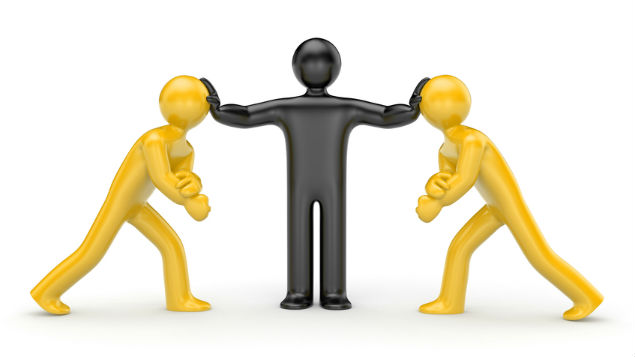Conflict Management Within Sport Organisations
August 20, 2018
In all industries there will always be conflict, it’s human nature.
Within sporting organisations, it usually occurs as each person has their own set of values, needs and motivation. Fast resolution is imperative as it can have a lasting impact and detrimentally influence the organisation’s ability to deliver results.
If handled appropriately, conflict should not be an issue and it could actually open up new possibilities and provide positive opportunities for change. However, if the issues are not tackled swiftly and professionally, they can lead to power struggles, faction fighting and a loss of important human resources.
Organisational conflict
Disagreements can happen at an organisational level – for example, a club may have a difference of opinion with a parent body at a regional, national or global level. At top level sport, sometimes these conflicts are well documented through the media, which can result in a stalemate and/or a very public loss of face.
Challenges at group level
Conflict may also occur between groups within an organisation. Typically, this can be between the management committee and the players/competitors due to a difference in goals and objectives.
The players or athletes on the ground have the sole aim to compete and win, whereas the management teams face additional pressures of commercialisation, profit for shareholders and accountability leading to management-led decisions being questioned.

Conflicts at an individual level
Conflict between individuals may develop as a result of differences in background, expertise and experiences – and these can become personal. This can be particularly damaging within a sporting organisation as it can affect performance, reputation and ultimately profitability.
Resolving conflict
The key factor in solving conflict is attitude. Parties in conflict can adopt either a conciliatory or an adversarial stance. They can accept that conflict is a normal and necessary part of managing an organisation or they can view conflict with annoyance and distrust.
Issues can only begin to be resolved when all parties involved have the opportunity to meet and properly hear each other’s argument. Then it is necessary for parties to find some common ground and work their way positively out of the conflict situation.
When conflict occurs at ground level between team players, attempting to resolve the issues behind closed doors away from their peers, and at a higher level, the glare of the media, is more productive and will avoid inflaming an already difficult situation.
If the conflict cannot be resolved internally through good communication and management, it is sometimes necessary to obtain the services of an independent person who is skilled in conflict resolution to assist the parties to negotiate and reach an agreement.

HR support within the sports industry
It is important that people involved in managing a sports club have the skills to effectively deal with conflict – whether this is an in-house team or as an outsourced advisory role. They should be able to identify conflict, propose strategies for dealing with it and ensure that there are positive outcomes when it does occur.
If your organisation is looking for assistance on conflict resolution, guidance for effective people management or requires practical HR support, call Sophie Forrest on 01892 548156 or email sophie@forresthr.com

